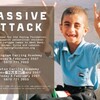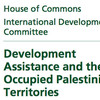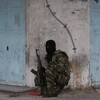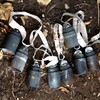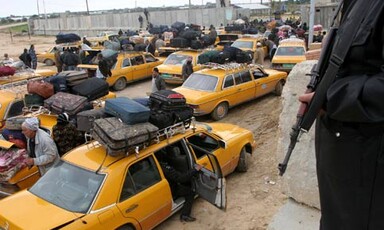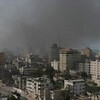
Bloody fighting between Hamas and Fatah continues in Gaza
2 February 2007
The clashes between the rival Palestinian factions, Hamas and Fatah, continued in the Gaza Strip on Thursday night and into Friday. In these clashes, Palestinian sources said that at least 22 Palestinians were killed and approximately 220 injured. Palestinian sources said that the clashes were fiercest in Gaza City and the shooting spread to Beit Lahiya and Jabalia in the north of the Strip. In addition, sources reported that the presidential security forces and other members of the national security forces, “in addition to other security forces”, broke into the Islamic University in Gaza City on Thursday night. Read more about Bloody fighting between Hamas and Fatah continues in Gaza
